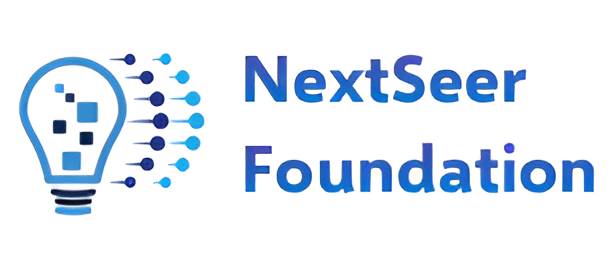Optimizing Crop Yield Forecasts Using Quantum Machine Learning Techniques with High-Dimensional Soil and Weather Data
Keywords:
Quantum Machine Learning, Crop yield forecasting, Quantum Computing, Agricultural Technology, Soil and Weather Data analysisAbstract
This paper focuses solely on the possibility of applying quantum machine learning methods to increase crop yield prediction accuracy based on multi-feature soil and climate data. The main goal is to increase the efficiency of crop yield prediction models, which are critical for increasing a nation's production and food ratio. Complexity also throws off supervised analytical methods, and nonlinearity grew as the agricultural industry expanded its fields. These fields now encompass a wider range of interconnected elements, including soil type and nutrient content, their relationship to soil water content, air temperature, rainfall, and other factors. In this research, we use quantum computing to solve the problem of handling high-order data more proficiently than the same problems formulated in classical computers. In this paper, we developed and incorporated QSVM and QNN into conventional machine learning models to learn from large and highly complex datasets containing multiple years' worth of regional and temporal information on soil and weather. We believe these models can reveal patterns that QSVM and QNN are better equipped to detect due to their scalability and ability to compute over large datasets. As a result, the quantum-enhanced models outperform the conventional methods in terms of predictive power, demonstrating superior MSE values and robustness values. Specifically, the integration of quantum techniques enhanced the generalization ability because of the highly nonlinear relationship between the variables. These results suggest that QML could significantly improve crop yield estimates, as its predictions are more accurate and directly applicable to agricultural practices and policies. This study would expand the literature on the application of quantum computing in agriculture because it is an emerging field that holds potential for addressing various challenges in food production. In the domain of crop yield prediction, we are laying down the foundations for less vulnerable farming structures that are able to meet the future climate conditions and the growing global food requirements. Thus, the study calls for more research on potential quantum-based solutions in other essential use cases in agriculture.




